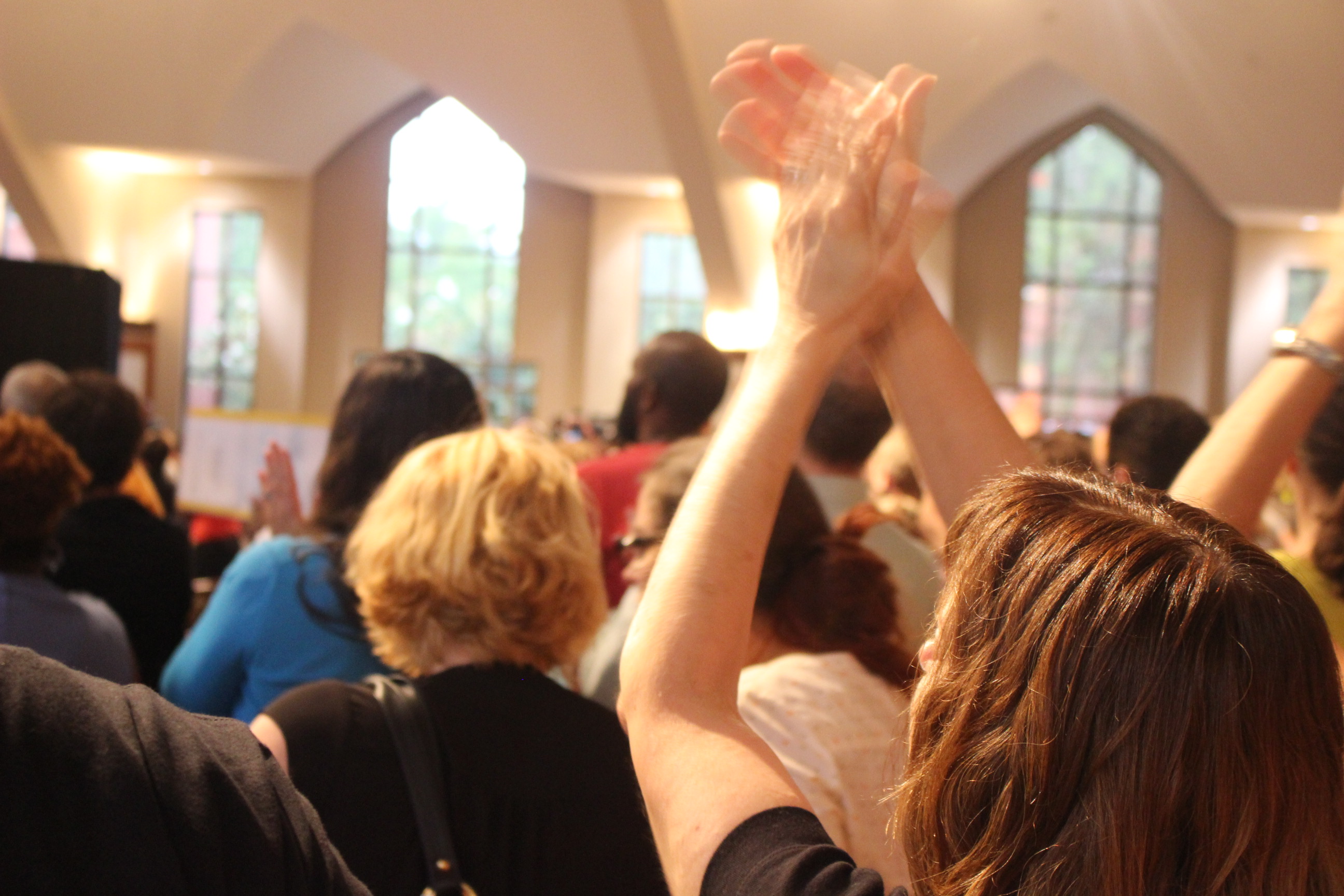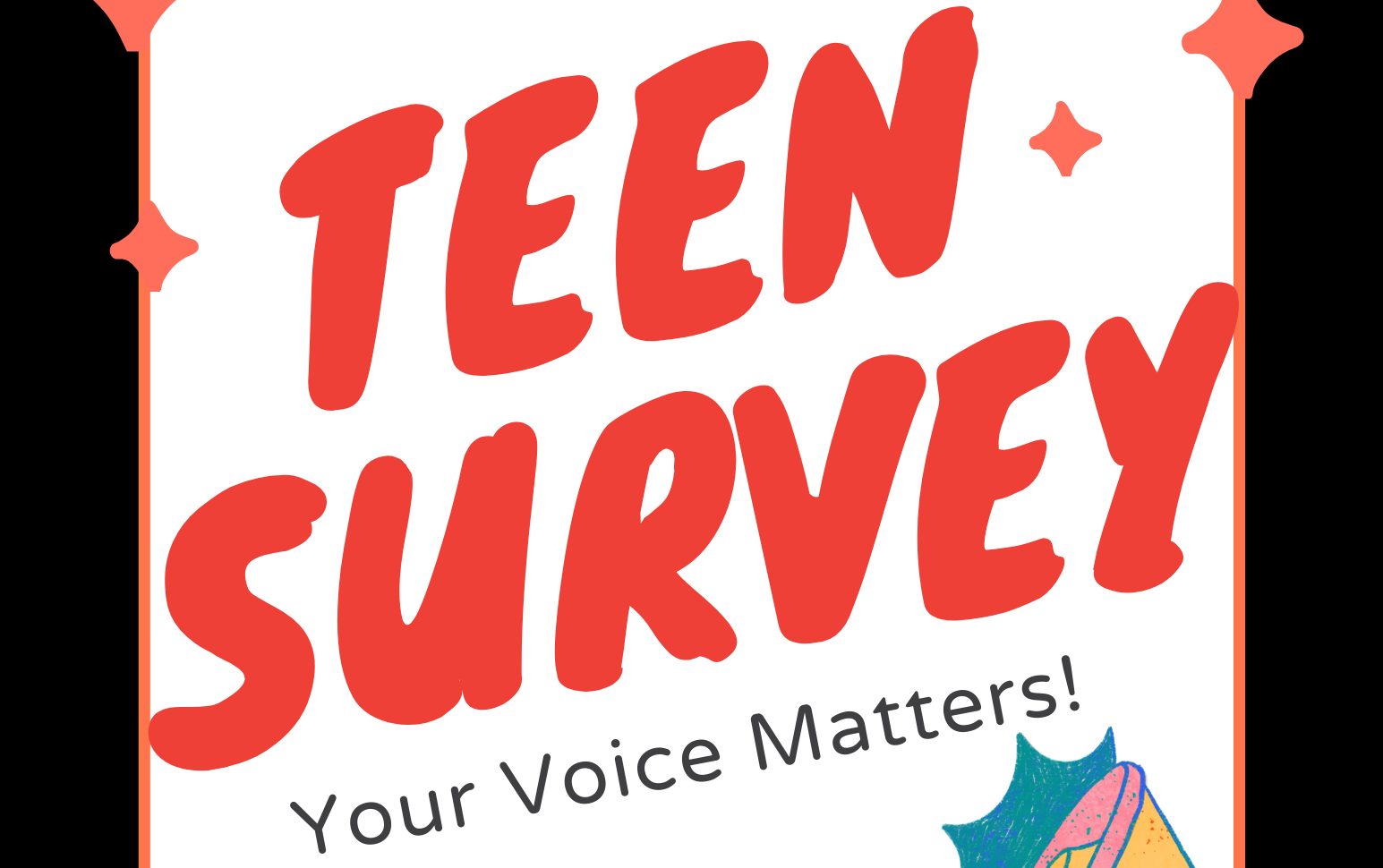The general consensus is that you shouldn’t talk politics at the dinner table. Like other forbidden topics such as religion or sex, in most groups, politics must be avoided or else crying, nausea, and head-banging will immediately ensue. Don’t ask people who they’re voting for. Don’t start a conversation about campus carry or the Keystone pipeline. And don’t ever turn on CNN when company’s here.
And it’s not just the dinner table where politics turns seemingly ordinary human beings into flame throwing warriors.
It’s south Georgia, where State Representative Jason Spencer (R-Woodbine) told former Democratic representative LaDawn Jones “you won’t be met with torches but with something more definitive” if she continued to call for the removal of Confederate monuments in Georgia. It’s Gwinnett County, where Commissioner Tommy Hunter wrote on Facebook calling civil rights leader and U.S. Congressman John Lewis “a racist pig” and Democrats “demonrats” and “a bunch of idiots.”
Politics have always been a contentious subject, but the presidential election of 2016 especially raised many questions about the ways in which well-known officials should communicate with one another across the aisle. Throughout his campaign, President Donald Trump launched personal attacks against his opponents, whether they were fellow Republicans, Democrats, celebrities who disagreed with him, journalists who wrote information about him that he didn’t like, a federal judge, or even Alec Baldwin, who plays the president on “Saturday Night Live.”
As much as I would like to put my own party on a pedestal, Democrats are not immune to these tactics. For example, are the First Lady’s shoes really what we should be talking about during Hurricane Harvey, a natural disaster that has displaced 30,000 people?
Unfortunately, many people (myself included) see politics as a kind of entertainment— something akin to the WWE or “The Hunger Games,” even (as evidenced by this video the president posted to his Twitter feed).
I have felt the thrill of watching a debate go from a boring recitation of party platform on education or economic reform to a throw down about “Little Marco,” and scouring YouTube later for SNL’s take. Yet after the thrill comes the chill when I realize that this isn’t reality TV.
As elitist politicians slug one another with attacks meant to hurt the soul, the lives of their constituents— veterans, Syrian refugees, teachers, immigrants, first-generation college students, women in the workplace, etc.— hang precariously in the balance. Taking cues from the hostile environment, we harden our hearts and with popcorn in hand, lock ourselves in rooms with our beloved Rachel Maddow or Bill O’Reilly.
Mexicans aren’t just Mexicans anymore. They’re “illegal aliens.” Southerners aren’t southerners anymore. They’re “rednecks.” Black women aren’t black women anymore. They’re “welfare queens.”
On Aug. 28, women activists, politicians, psychologists, ministers, and scholars came together at Ebenezer Baptist Church to discuss how to “Bridge the Racial Divide Across Urban, Suburban, and Rural America.” The video was streamed on Facebook here and in her opening comments, Bernice A. King, the daughter of Rev. Martin Luther King, Jr. perfectly summed up the state of the world today: “We’ve gotten ourselves in a hell of a mess.”
“When we turn on each other,” explained U.S. Senator Elizabeth Warren, “that means we’re not facing problems that are mutual.”
The idea of bridging this divide set the tone for the rest of the conversation. Bringing together a diverse group like this one–which put a Trump supporter and the 2017 Women’s March on Washington organizer side-by-side–can be difficult, if not dangerous. The event was far from conflict-free, but as an attendee, I learned a lot about how we can reform political discussion from these talks. Here are the main takeaways:
1 – “Nonviolent does not equal passive.”–Senator Elizabeth Warren
Nonviolent means building and rebuilding, not tearing down, and not sitting back and letting things be torn down.
2 – “If you love me, then how can you not stand with me in this struggle?”–Dr. Bernice A. King
Present in the dialogue were the voices of Dr. Bernice A. King, who voted for Hillary Clinton, and her cousin, Evangelist Alveda C. King, who voted for President Donald Trump and still supports his administration. I have personally experienced the dissonance between someone saying they love me one moment, and proudly supporting President Trump and everything he stands for on the other. For me, the question still stands and goes unanswered.
3 – “I can’t think of a greater act of love than to hear.”–An audience member
We think we already know people’s stories. We want to know. We want to be certain about the uncertain, even if it makes us angry. In the process of shutting down everything that doesn’t fit our worldview, we demonize others and make problems worse. Nigerian writer Chimamanda Ngozi Adichie says “the problem with stereotypes is not that they’re untrue, but that they are incomplete.”
I’d also like to add a VOX ground rule that we came up with over the summer:
4 – “Debate, don’t argue.”
We defined debating as a civil conversation between people with different ideas. We defined arguing as attacking one another without actually trying to get anything done. “Debate, don’t argue” can also mean to pick your battles. If I know someone only wants to talk to tear me down, I can’t engage in that.
At VOX, we are uncensored, but we are also a safe space. These concepts are not exclusive, but one and the same. For me, VOX is the place where I can say exactly what I think and know that I will be valued. It is also the place where I can make a positive impact by making others feel heard and valued. I really believe that the magic of mutual love and respect even between people with different opinions, wherever it is established, is contagious. It is in safe spaces that we find a way to heal and rebuild.
I’m tired of hiding my politics to avoid inadvertently starting World War III. Politics are unavoidable, they affect all of us. As a society, we need to make our own ground rules for political dialogue that start with these four suggestions. In the words of former First Lady Michelle Obama, “when they go low, you go high.” I challenge our politicians on all sides to set the example first by taking brave steps to infuse dignity into their interactions.
We can do better than this.
Above photo by Maya Martin/VOX staff
Maya, 17, is a first year at Agnes Scott. She finds people and their messy, controversial stories fascinating and is therefore a journalist.




